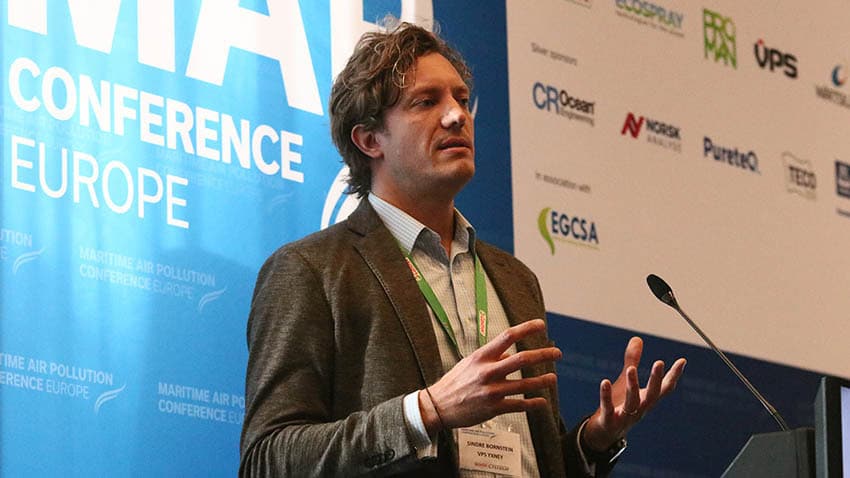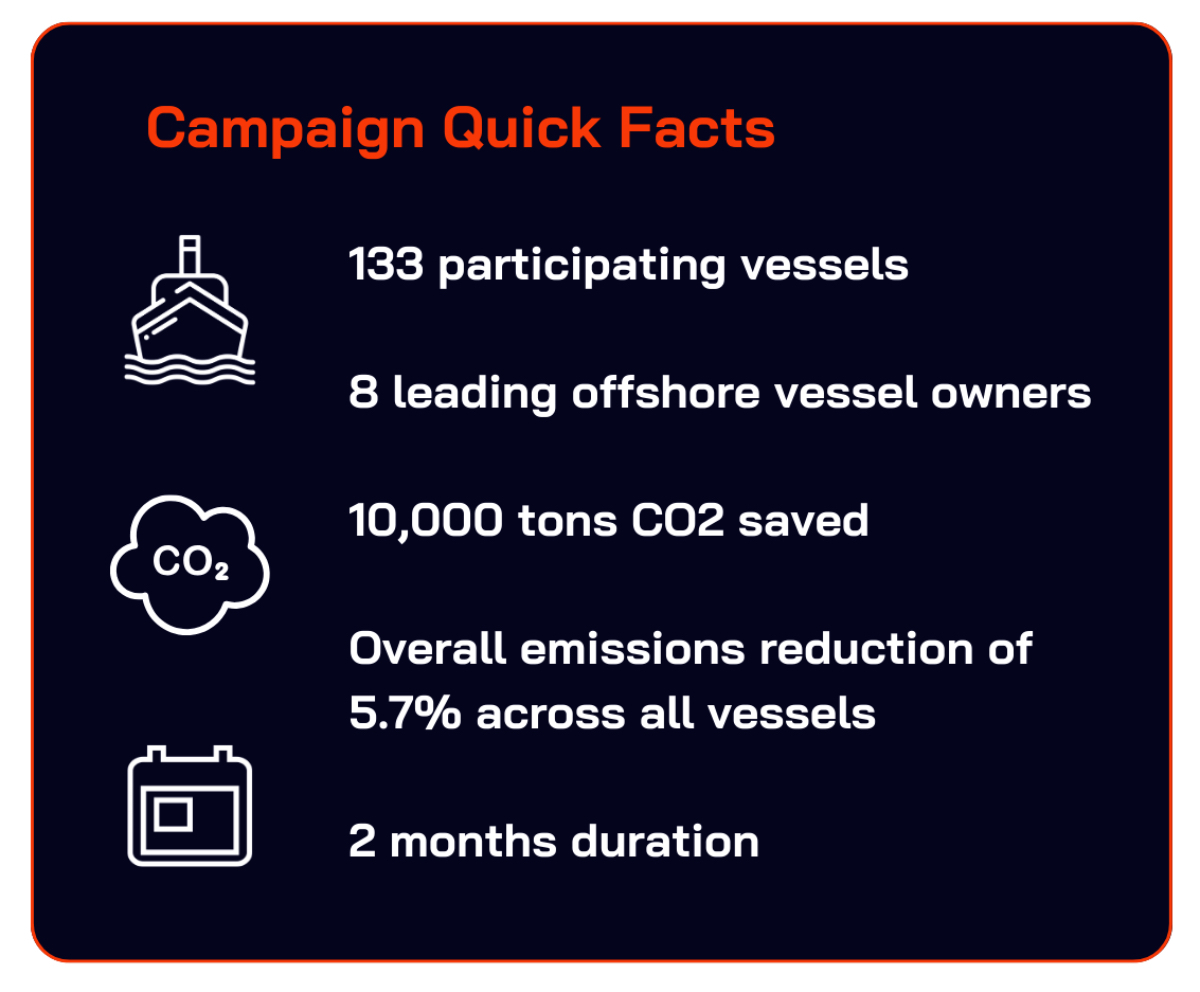Riviera – News Content Hub

07 Sep 2023by John Snyder
A major collaboration encompassing 133 vessels from eight leading OSV owners resulted in the reduction of more than 10,000 tonnes of CO2 emissions over two months, using a common digital solution and sharing non-competitive data
OSV owners Solstad Offshore, Simon Møkster Shipping, Boskalis Offshore Energy, Rem Offshore, Tidewater, Skansi Offshore, North Sea Shipping and DOF participated in the ambitious campaign, which was initiated by data and fuels specialist VPS to showcase the emissions reductions that can be achieved through smart use of data. The collaboration also underscored the important role played by crews in leading the way to a more sustainable maritime industry.
VPS vice president of commercial decarbonisation Sindre Stemshaug Bornstein said, “The results achieved are proof industrywide collaboration is an imperative part of the path towards meeting the industry’s emissions reduction targets.”
All the OSV vessel owners involved have been actively working to reduce CO2 emissions from their vessel operations and have incorporated ways of collecting and using vessel data to drive effective decision-making, said Mr Bornstein.
He said VPS´ data-driven decarbonisation solution Maress was used by all participating companies and vessels to track the emissions and efficiency of the vessels during the campaign.
“The underlying idea behind the initiative was to show by example what is possible to achieve by collaborating and sharing non-competitive data in the spirit of reducing as much emissions as possible,” said Mr Bornstein. “Some participants referred to the campaign as a friendly competition between vessels across the different companies´ fleets.”
Simon Møkster Shipping technical manager Tom Karlsen made it clear that such emissions reductions are not possible without buy-in from a well-trained crew.
“If we, as a vessel owner, are to succeed in reaching our emission goals, we need to ensure that everyone is involved. The most important piece of the puzzle by far is the people working on board the vessels,” said Mr Karlsen.
“Often, emissions reductions in the industry are being discussed on almost abstract level, but the truth of the matter is that most operational emissions reductions are a direct result of the decisions made by the people out there operating the vessel,” said Mr Bornstein. “When the crews are provided quality data on vessel efficiency and emissions to support their experience-based decisions, it directly leads to savings.”
VPS reported more than 50 of the participating OSVs recorded emissions reductions of more than 10% compared with previous levels, including DOF´s multipurpose support vessels Skandi Hugen and Skandi Vinland. DOF executive vice president sustainability, Marianne Møkster said, “The great performance from the crew on board these vessels demonstrates the excellent work our people do on the vessels every day to help us reach our common decarbonisation goals. We participated in the campaign with 14 vessels, and a key aspect for us is to put focus on emissions reductions while maintaining the safety of the operations. Having high-quality data and decision support is an enabler to achieve these emissions savings”.
Concluded VPS chief executive Malcolm Cooper, “For us in VPS, it is a key part of our strategy to help the industry decarbonise by leveraging the unique data access that we, as a company, have on maritime fuels and emissions. All the vessels in this campaign are using our data-driven decarb software Maress, and creating collective action and results for our customers – such as in this campaign – is something we will aspire to do more of”.

